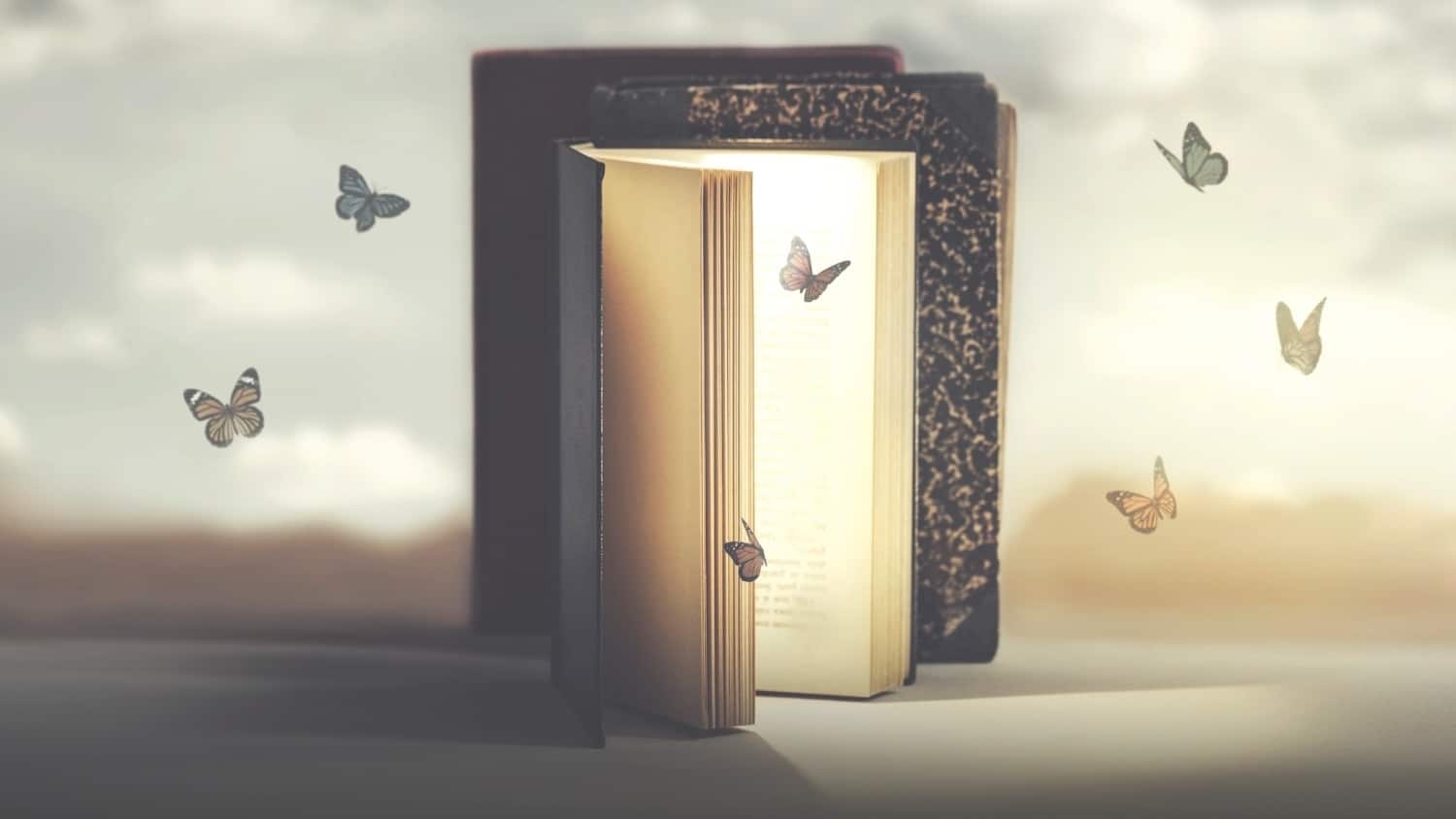
Discover the Courage to Write Poetry
Poetry is the voice of the soul, and poets help us see a slice of the world in a way we might not have previously observed. Poets highlight details to cast light on feelings, images, or events. Poetry helps offer insight into both the human psyche and human behavior, and it’s also a place where our imagination can roam free. April is National Poetry Month and the perfect time to consider writing your own poem.
Let Go and Get Started
The courage to write poetry is about letting go; it’s about allowing our life experiences to unfold organically. When writing poetry, it’s a good habit to let go of your rational mind and let your sensations and emotions take over. This release is also about slowing down and pausing, while also paying attention to the emotions stirring inside of you.
Try starting with something that makes you feel deeply. Write about a loved one, an image, emotion, or something happening in the universe. As you string words together, see if you can feel the poem erupt from inside you. During the process of writing poetry, new feelings might emerge. This makes for a transformative experience.
Life and Writing
By the time we’ve reached our 60s, we have come to understand that life experiences can provide a great deal of writing material. In addition to our memories, reflections, and fantasies, this richness can also include the books or articles we’ve read, or the movies we’ve watched.
As the poet Robert Frost deftly said, “A poem begins with a lump in the throat: a homesickness or a love sickness. It is a reaching out toward expression: an effort to find fulfillment.”
My Own Poetry Experience
For me, poems come when I least expect them. Often when I am in the midst of doing something else, an image or a title drifts into my mind and that’s where I’ll start writing. Reading the works of other poets is also a wonderful way to invite the muse in your life, because it fills you with random thoughts and invites rhythm to shape your words.
Perhaps you wrote poems when you were younger or you’re newly inspired to write. Maybe now you have more personal time to rekindle a former love for writing poetry.
Reach Toward the Poet in You
Here are some great ways to take advantage and get yourself into a poetic state of mind:
- Set aside some time each day to write a poem.
- Spend time in nature.
- Turn off your inner critic.
- Make a list of inspiring words, images, and feelings.
- Write a letter to a friend.
- Engage in the art of people-watching.
- Read poetry and find a poet to emulate and respond to.
Influencers
As a memoirist and poet, I must say that most of my poems have been inspired by personal experiences. I’ve also found that reading certain poets inspires me to write more emotionally complex and poignant poetry.
For example, the Chilean poet Pablo Neruda – who often writes love poems – is someone who has inspired me for a long time. I admire his sensuous passion for life. Like my own poetry, his poetry explores love, death and life’s simple pleasures.
My newest poetry book, An Imaginary Affair: Poems Whispered to Neruda, will soon be released by Finishing Line Press in July 2022. Be one of the first to receive a copy by pre-ordering here!
Do you write or read poetry? What do you like most about poetry? Do you have a favorite poet and genre?
Tags Creativity Inspiration






